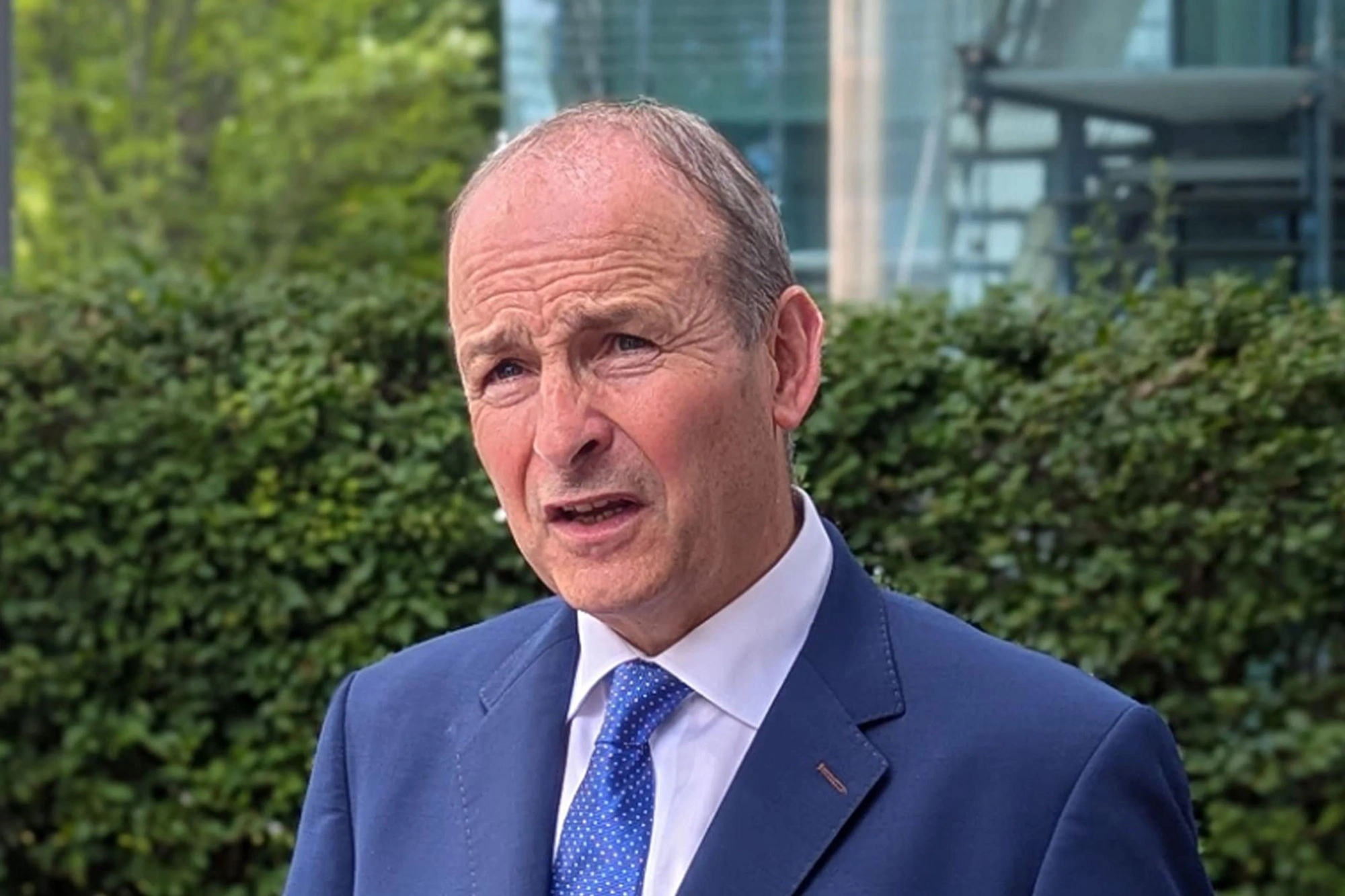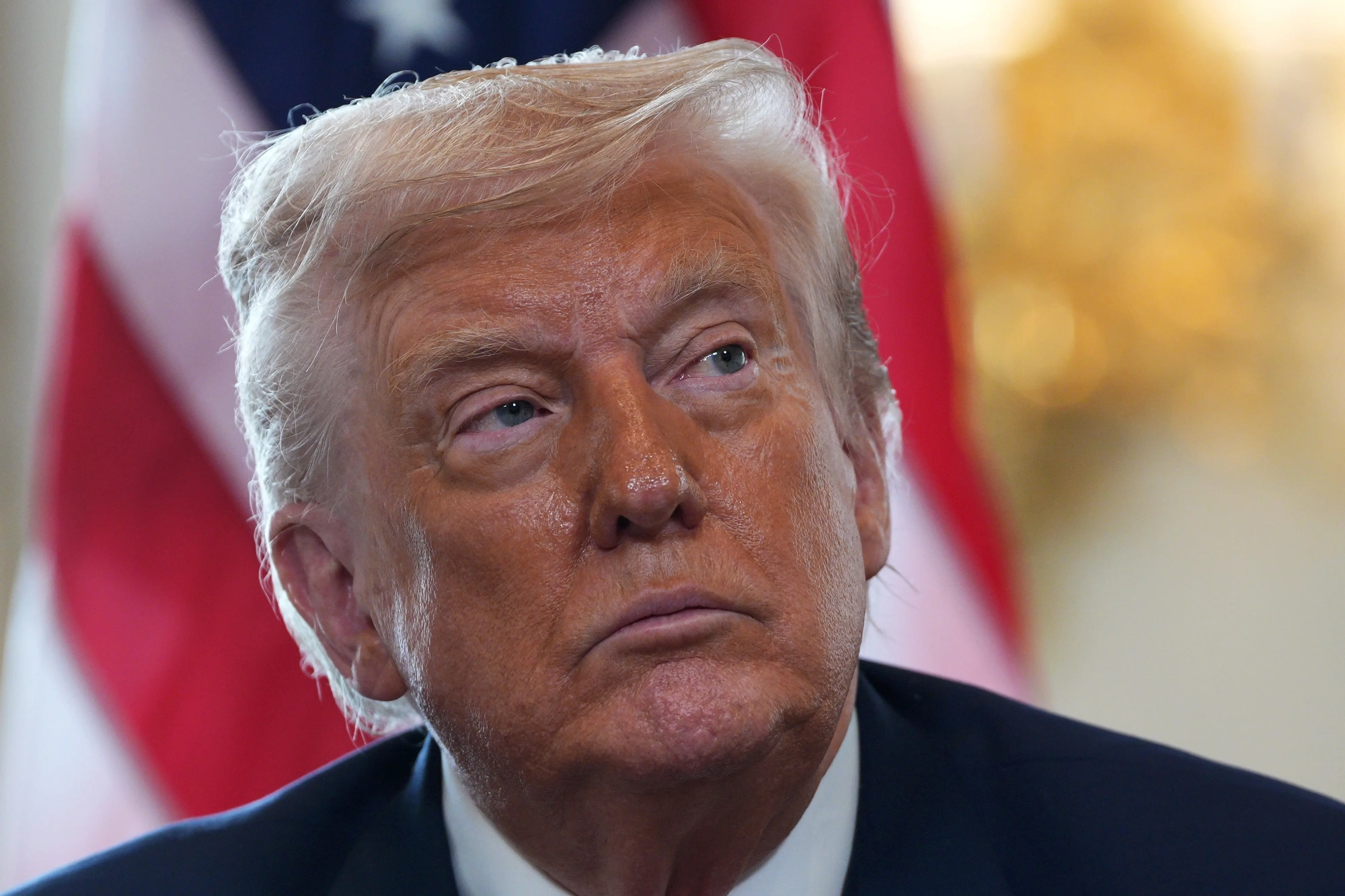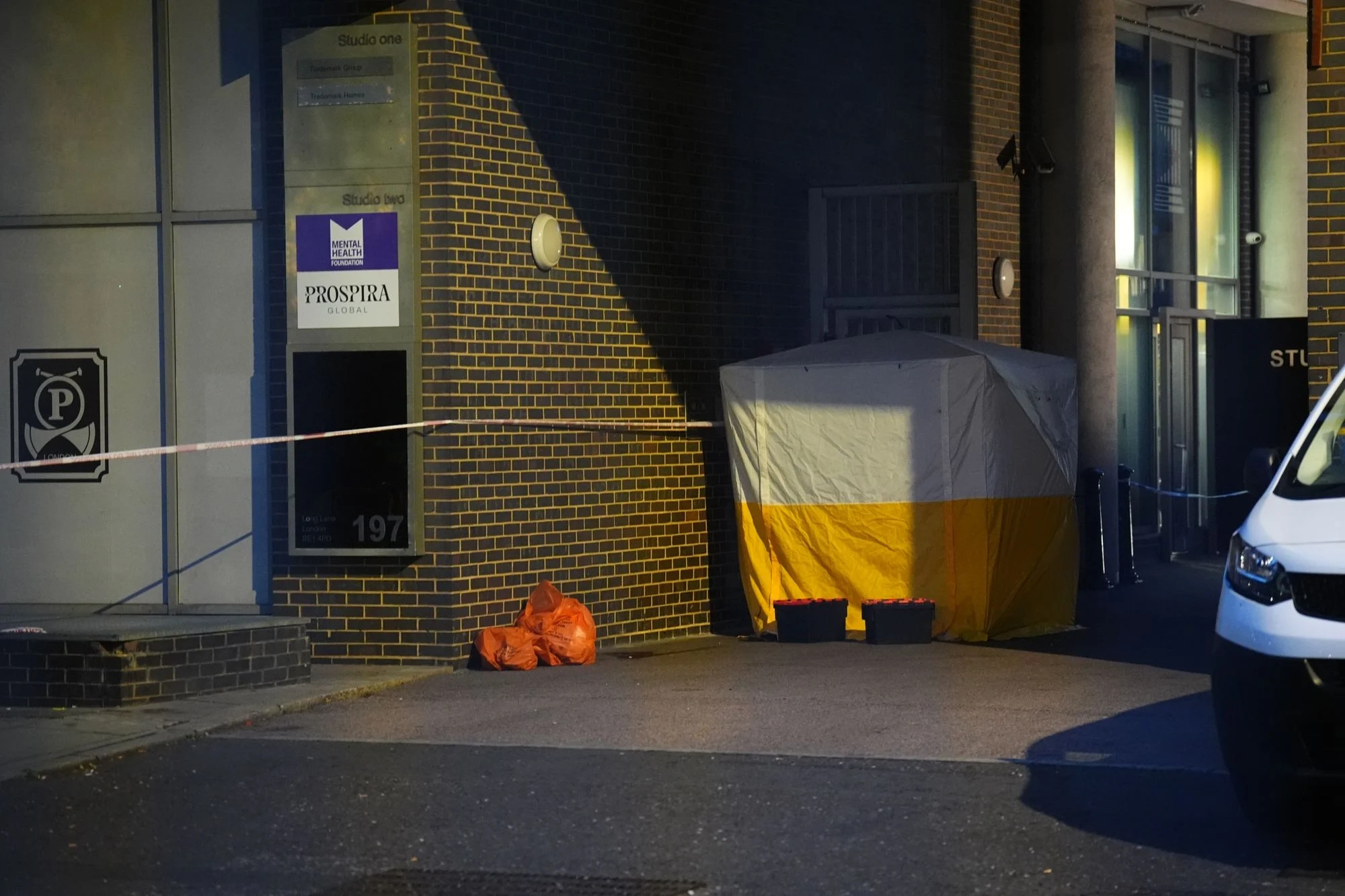Micheal Martin said any effect the new trading arrangements would have on Octobers budget would be decided closer to the time.  Micheal Martin said the deal avoids further escalation (PA) By Grinne N. Aodha
Micheal Martin said the deal avoids further escalation (PA) By Grinne N. Aodha 
Irelands premier has said no one is welcoming a baseline tariff of 15% with open arms but the EU-US agreement avoids a ruinous trade war.
Taoiseach Micheal Martin also said the deal offered overall ceilings on tariff rates and would mean they are not stacked upon another.
Despite suggestions from US President Donald Trump, he said his understanding was that the 15% tariff on pharmaceutical exports also represented a ceiling rate.
Speaking to the media at Government Buildings in Dublin on Monday, Mr Martin said the US tariffs are not Brexit and the approach for supporting businesses had to be strategic and not a handout.
He said what effect the new trading arrangements would have on Octobers budget would be decided closer to the time.
 US President Donald Trump is visiting Scotland (PA)
US President Donald Trump is visiting Scotland (PA) Its important to say that Europe never sought tariffs, or never sought to impose tariffs, and fundamentally, we are against tariffs: we believe in an open trading economy, he said.
New realities are in play and so at a broader level, the stability and predictability that this agreement brings is important for businesses, is important for consumers and indeed patients when it comes to the manufacturing and distribution of medicines, he said.
In essence, we have avoided a trade conflict here which would have been ruinous, which would have been very damaging to our economy, and to jobs in particular.
The challenge now for Europe is to work on its own inefficiencies, to reduce barriers within the single market, to press ahead more ambitiously and more proactively on trade diversification and trade deals with other countries that would facilitate that market diversification that is required.
Meanwhile, there is much to be negotiated in the aftermath of this framework agreement.
The EU is to have 15% tariffs imposed on most of its goods including cars, semiconductors and pharmaceuticals entering the US, with no new tariffs on US goods coming into the bloc.
There will be zero for zero tariffs on a number of products including aircraft, some agricultural goods and certain chemicals as well as EU purchases of US energy worth 750 billion dollars (�560 billion) over three years.
There is a mixed reaction to the deal across the EU, with French minister Benjamin Haddad calling the deal unbalanced and Hungarian Prime Minister Viktor Orban stating that Donald Trump ate European Commission President Ursula) von der Leyen for breakfast.
Irelands junior minister at the Department of Foreign Affairs, Neale Richmond, said the deal was the least worst option.
Were not exactly celebrating this, its not a case that this is a good thing but its probably the least bad option based on what we were facing a couple of days ago, the prospect of a 30% tariff, he told the BBC.
Asked about mixed reactions to the deal from heads of government across Europe, Mr Martin said: Nobody is welcoming tariffs with open arms.
I think weve been consistent in saying that we dont agree with tariffs, that we prefer if there werent tariffs, but we have to deal with realities.
I understand people criticising, but given the balance and the options here & in my view, I would appreciate the work of the (European) Commission in this regard, and the avoidance of a trade war is preferable, in my view, and thats the key issue.
He added: Its easy to put the chin out in life, but sometimes its wiser to box more cautiously and to negotiate wisely and to think of the bigger picture, and I think thats what President von der Leyen and Maros Sefcovic have done on this occasion.
Asked about whether the 9.4 billion euro that the government announced last week would be spent in the budget would be cut back, Mr Martin said they would better understand the implications closer to the budget being unveiled in October.
Its difficult at this early stage to calculate the impact of these tariffs in terms of government revenues, or indeed in terms of the prospects for 2026, so we will do further analysis of that.
He said he did not believe Irish companies would lose access to the US market as a result of the tariff rate.
He added: This is not Brexit, and I would caution in terms of just creating funds in themselves.
I think more importantly, we have to take decisions now that would create the opportunity or the landscape for companies to grow and to develop strongly, to become more energy efficient, in terms of research and development supports.
It has to be a strategic approach, not a handout approach.
Responding, chief executive of business group Ibec Danny McCoy said he believed Europe had capitulated to get a deal, but said if they had negotiated harder we could have damaged ourselves a lot more than we anticipated.
He said there would be hard cases and job losses in Ireland under a 15% tariff, and was surprised the government was not open to Brexit or Covid-level supports for businesses.
Its not going to be a catastrophe, were more resistant than that, but for some industries, going back to the point around the Brexit-type adjustment fund, you need to be sensitive there will be some areas that actually could find this devastating.
Mr Martin said it was vital that the EU pushes ahead with the expansion of the European single market to reduce barriers in a number of sectors that are way beyond the value of the tariffs.
He said it was not clear yet what impact the tariff differential on the island of Ireland would have, as there is a 10% tariff in place in Northern Ireland.
In terms of the north-south, again, the detail will be important here and its early days yet to be reading too much into that differential, because ours are not stacked, whereas some in the north would be, so these are complex issues that have to be worked out.
A third man remains in a life-threatening condition in hospital




